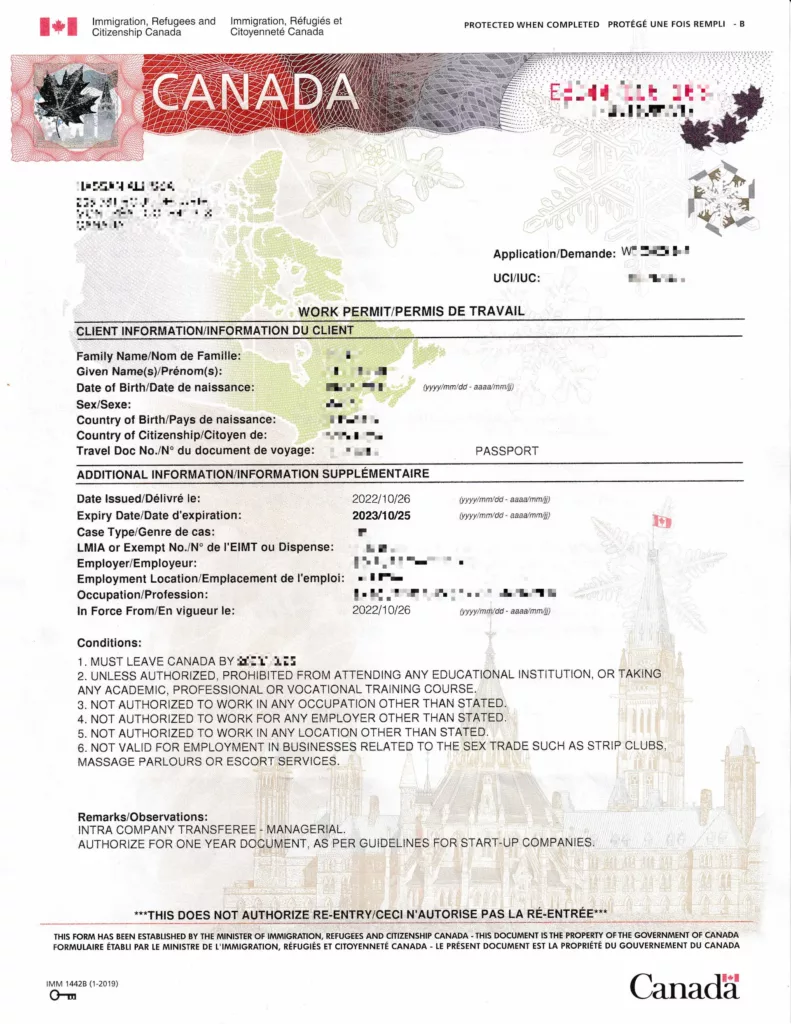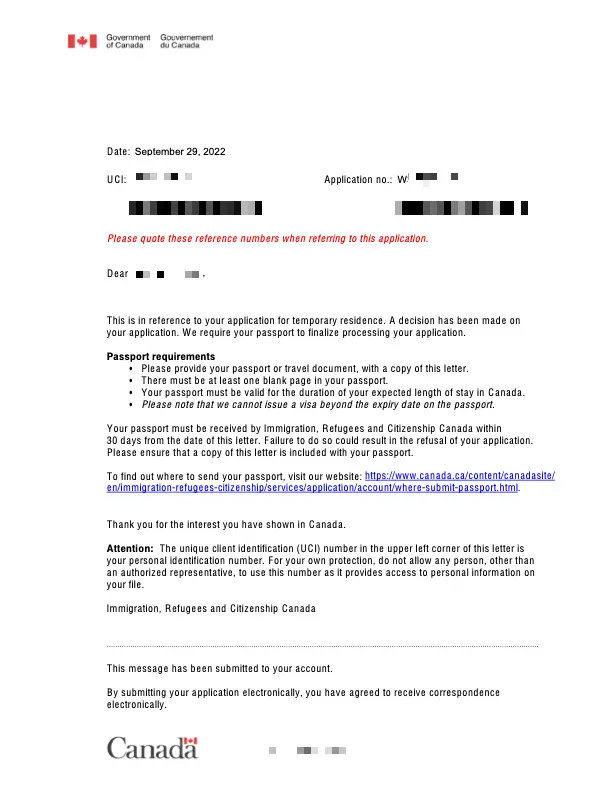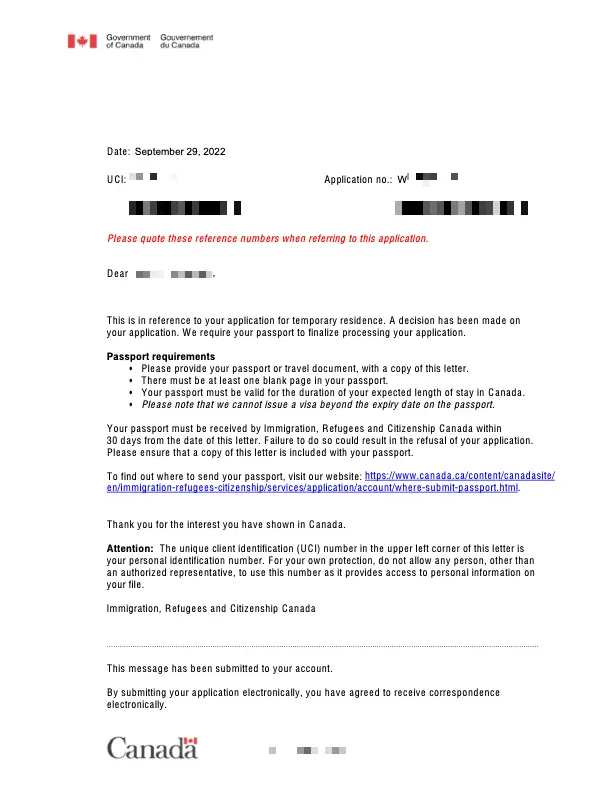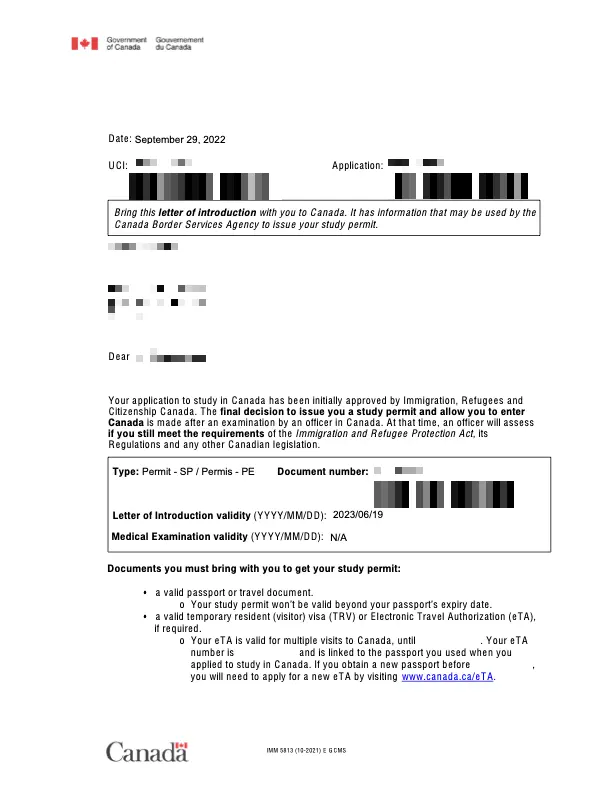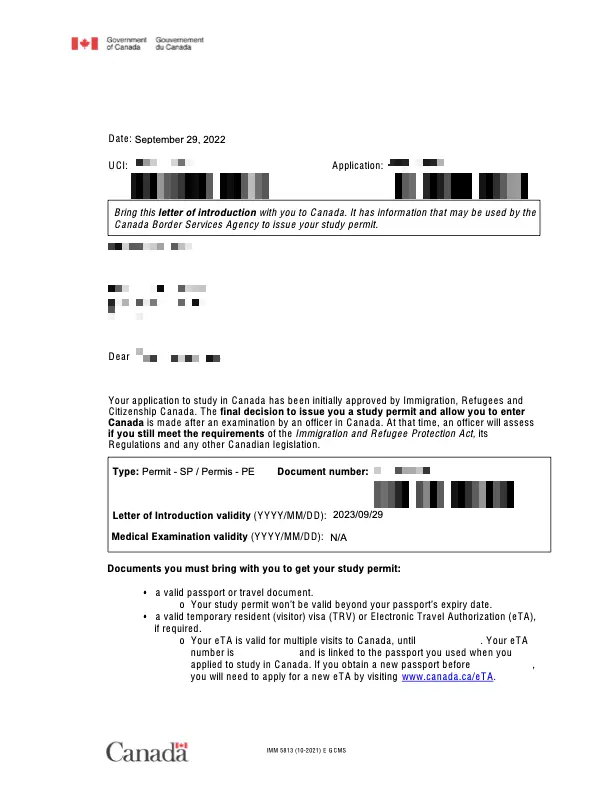Intra-Company Transfers (ICT) – How to Get Your Work Permit
Canada Business Owner/Investor Program (ICT)
ICT stands for Intra Company Transferee Program of Canada, one of Canada’s investment immigration programs. This program is specifically designed for highly skilled workers who work for a foreign company. This program allows them to move to one of the company’s branches located within the Canadian provinces.
If the foreign worker is working for a company that has a branch, subsidiary, or affiliate in Canada, he may be able to get a temporary work permit. This program is the first step to getting Canadian Permanent Residency.

APPLY NOW

ICT Program requirements
Canada offers unique pathways to Canadian immigration for a skilled and educated foreign national. The Intra-Company Transfers (ICT) program is one of those rare opportunities that can potentially put you on a fast track to permanent residency in Canada. To be eligible to apply for this program, the applicant must meet the following requirements :
General requirements of Foreign Employee (Start-Up Companies)
One of the greatest advantages of this program is that the foreign employee can apply for a work permit to move to another branch of the company inside Canada without obtaining a Labor Market Impact Assessment LMIA document, but there are other conditions required :
- The applicant must be an employee of a multi-branch company seeking to reside in Canada for an extended period of time in order to work for the parent company, subsidiary, or branch.
- The company in which the foreign employee works must be in an area that will benefit the economy of Canada.
- The employee must be applying to a Canadian company in an Executive or Senior Management position, Functional Manager or in a position that requires specialized knowledge.
- The applicant must have been employed within the company for a minimum of one year full-time during the previous three years.
- The applicant should note that the ICT program uses the definitions set out in the North American Free Trade Agreement (NAFTA) to identify capabilities in executive business, senior management work, and industry-specific knowledge.


Updates on Intra-Company Transfers ICT Program
Recent update released On October 3, 2024 by the IRCC regarding the Intra-Company Transfers ICT Program requires officers to make sure that any foreign company applying for ICT meets the criteria of a multinational corporation (MNC). The company must have “revenue-generating operations in at least two countries before setting up in Canada.”
What are the key changes in these rules?
- Clearer explanations of what “specialized knowledge” means, how to decide if an applicant has this knowledge and if a job needs it.
- Better details on who can qualify for the ICT program.
- Simplified instructions for ICTs, now all found on one page.
The new rules also require employers to prove they are a multinational company, and the employees must have special skills needed for their jobs.
General requirements of Intra-Company Transfers (ICT)
There must be a clear relationship between the company in which the foreign applicant works and the company he is seeking to move to, for instance; the parent company, one of its branches, or a subsidiary company. Also, there are requirements and conditions that the company in which the foreign applicant works must also meet:
- The company that the applicant seeks to move to must be based in Canada.
- The two companies in which the applicant currently works and which he seeks to move to should continue to work and provide goods or services.
Work Permit duration for Intra-Company Transfers (ICT)
Immigration, Refugees and Citizenship Canada IRCC states that initial work permits granted under the Intra Company Transferee (ICT) program in Canada are normally for one year only. However, the foreign employee can renew the work permit. Regarding the procedures for renewing the work permit, the employee must provide proof of the following:
- The Foreign Company and the Canadian company are still on the same pace of work.
- The Canadian Company continues to work or provide goods the same as last year, also, it has hired new employees.
Intra-Company Transfers (ICT) Processing Time
(2-10) Weeks
The average time for the Intra Company Transferee (ICT) is 2 to 10 weeks, but there are priority processing options. Those who are qualified for the 2-week processing time will get the Intra Company Transferee visa within 2 weeks. This priority processing option is for visa-exempt countries (biometrics processing is not included in these 2 weeks).
Intra-Company Transferee (ICT) Applications Success Rates
According to the official statistics released by the Canadian immigration authorities, the ICT approval rates are as follows:
- Case Processing Center Vegreville, Canada: 90%
- Inland Applications: 88%
- Embassies & Consulates: 89%
- Port of Entry (for visa-exempt countries): 100%
However, some ICT applications (5%-10%) get refused for various reasons. The most common reasons for refusal are (1) the officer doubts the genuineness of your intention to do business in Canada and (2) the absence of sufficiently strong ties to the home country.

FAQ’s


Success Cases




